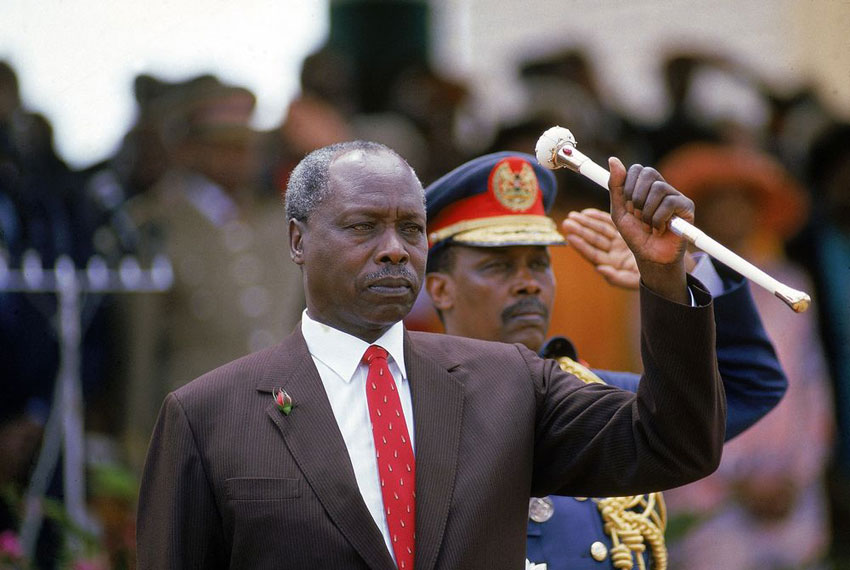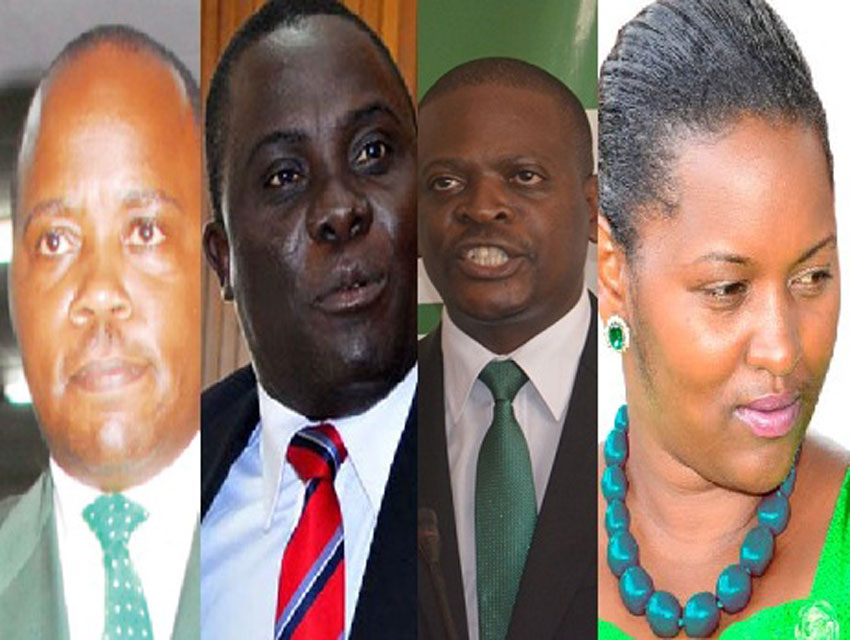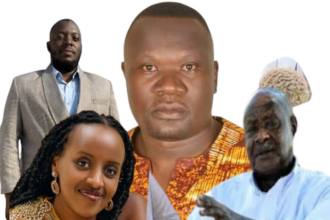Kenya’s former President Daniel arap Moi has died at the age of 95.
He was seen by his critics as an authoritarian ruler who held on to power for 24 years, but his allies credited him for maintaining stability in the East African state.
Moi stepped down in 2002 after being constitutionally barred from running for a further term.
He was the country’s second president taking over after the death of Jomo Kenyatta in 1978.
According to BBC news, in office, Moi was feared and admired in equal measure, and was accused of human rights abuses. Moi introduced multi-party politics in 1991, but subsequent elections were marred by rigging.
Moi, born on 2 September 1924 into a farming family, was a close ally of Kenyatta in the run-up to Kenyan independence in 1963.
He served as home affairs minister from 1964 and in 1967 he became the country’s vice-president.
Until the introduction of multi-party politics, Moi was unopposed as president, at elections in 1983 and 1988.
Despite being called a dictator by critics, Moi enjoyed strong support from many Kenyans and was seen as a uniting figure when he took power after founding President Jomo Kenyatta died in office in 1978. Some allies of the ailing Kenyatta, however, tried to change the constitution to prevent Moi, then the vice president, from automatically taking power on Kenyatta’s death.
So wary was Moi of any threat during that uncertain period that he fled his Rift Valley home when he heard of Kenyatta’s death, returning only after receiving assurances of his safety.
Multi-party elections in 1992 and 1997 were marred by political and ethnic violence that critics asserted were caused by the state.
By the time Moi left power in 2002, corruption had left Kenya’s economy, the most developed in East Africa, with negative growth.
Moi often blamed the West for bad publicity and the economic hardships many Kenyans had to endure during his rule.
As with his predecessor, Kenyatta, many government projects, buildings and currency notes and coins were named after Moi.
Fed up, Kenyans voted for a new constitution that was implemented in 2010 and made provisions to bar personality cults.
Do you have a story in your community or an opinion to share with us: Email us at Submit an Article








